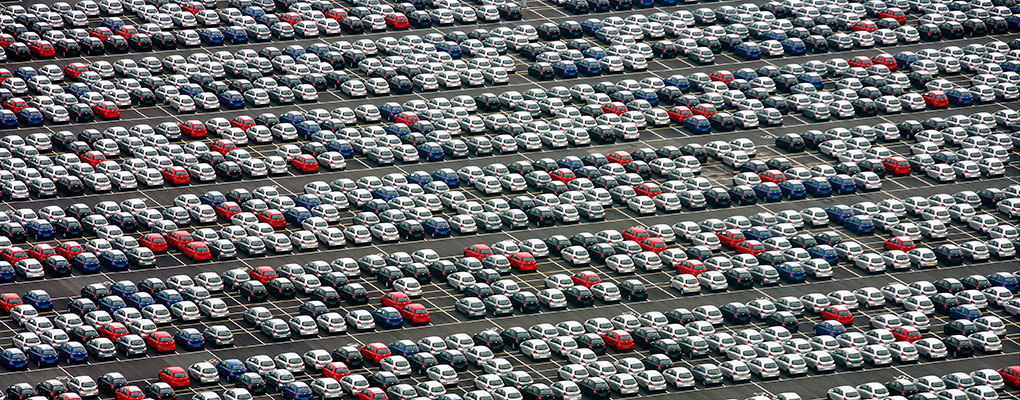
The UK was not alone in responding to Brexit with a mass selloff: a similar situation is currently ongoing in Asia, acting as a testament to the close ties shared between the two locations. In the immediate aftermath of the vote, where the FTSE 100 ended the day at a 3.2 percent loss, stocks in Tokyo were down 7.2 percent. While the Topix has partially recovered in the days since, the index is still some way short of its pre-Brexit high.
In the UK, as in Asia, investors were unprepared for the ‘leave’ result, and were all too willing to pull their investments as a result of the vote. The MSCI Asia Pacific index sunk 4.3 percent in Friday afternoon trading, while at the same time Japanese shares and Hong Kong equities were down 7.7 and 4.3 percent respectively. The Chinese renminbi sunk to its lowest level against the dollar since 2011, while the yen soared to its highest level since November of 2013.
All things considered, the panic in Asia was not dissimilar to the situation in the UK. Ever since, policymakers in Japan and beyond have seized the opportunity to tighten monetary policy.
In the UK, as in Asia, investors were unprepared for the ‘leave’ result, and were all too willing to pull their investments as a result of the vote
For the time being at least, the referendum result is secondary to the slowdown in China, and the Asian market’s worst decline in five years looks unlikely to stabilise until the heat dies down. “All told, we suspect that a Brexit would have only limited impact on Emerging Asia, and that the main risks to the region lie elsewhere, with the potential for a sharp slowdown in China or a messy unwinding of the debt bubbles that have built up in a number of economies at the top of the list”, according to Daniel Martin, Senior Asia Economist at Capital Economics.
As much as Asian markets have rebounded in the days since, the situation for companies with strong links to the UK remains uncertain. Toyota last week issued a formal complaint against the ‘unauthorised use’ of its logo in the vote leave campaign, and Nissan echoed its intention to not partake in any campaign pushing for an EU exit. Of the cars Toyota manufactures in the UK, three quarters of the 90 percent it exports go to the EU. The carmaker warned previously that a vote to leave could result in a 10 percent duty on UK-made cars, and the repercussions for the UK will be all-important considering the advanced role Asia is set to play in the near future.
India and China, for example, are on course to increase their combined share of global GDP by 17 percent by 2030, and the continent as a whole looks like it will occupy a 52 percent share of the whole by the century’s midpoint. The damage that the ‘leave’ vote could inflict on the relationship between the UK and Asia, therefore, could severely handicap economic growth for both parties.


